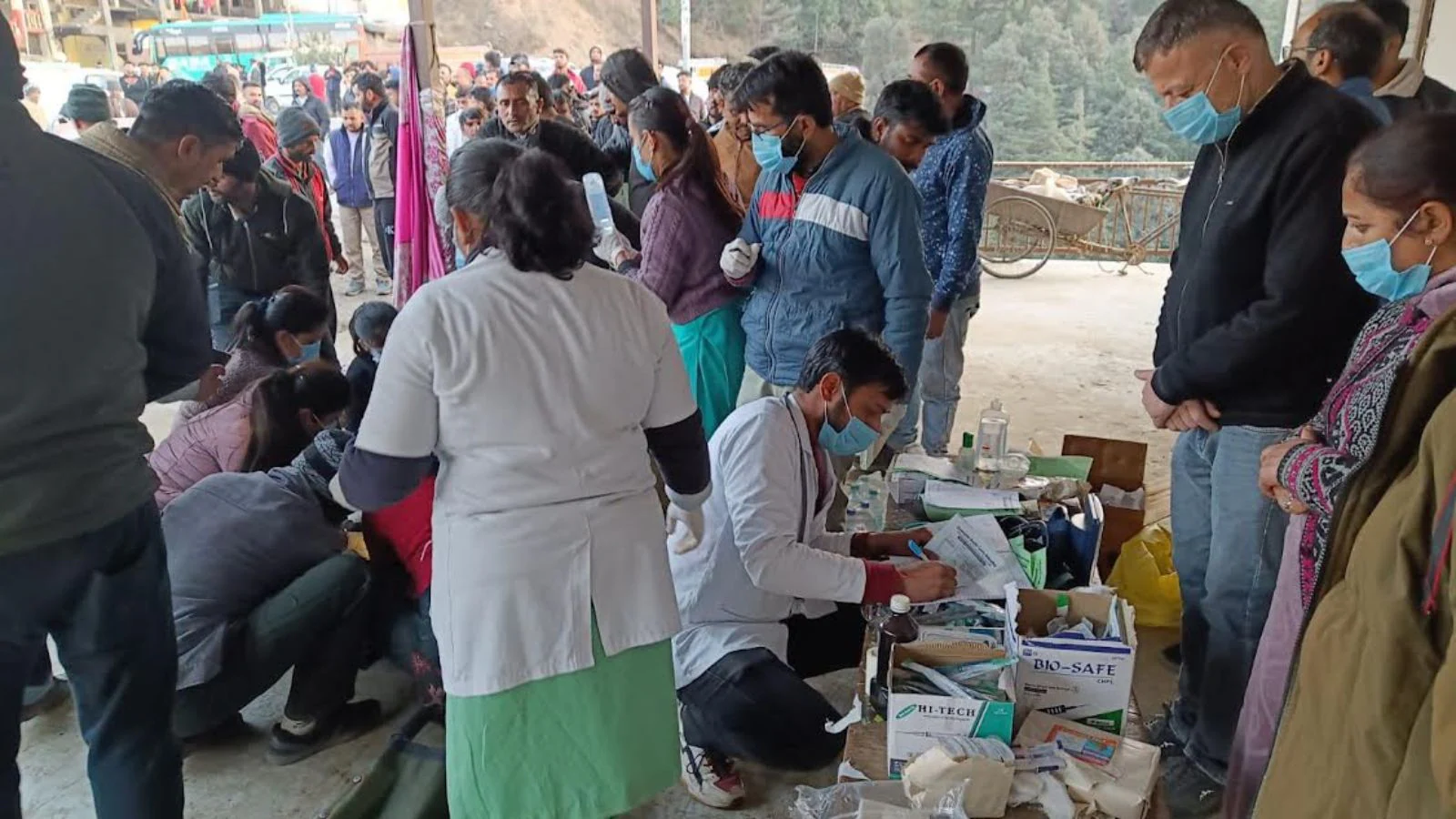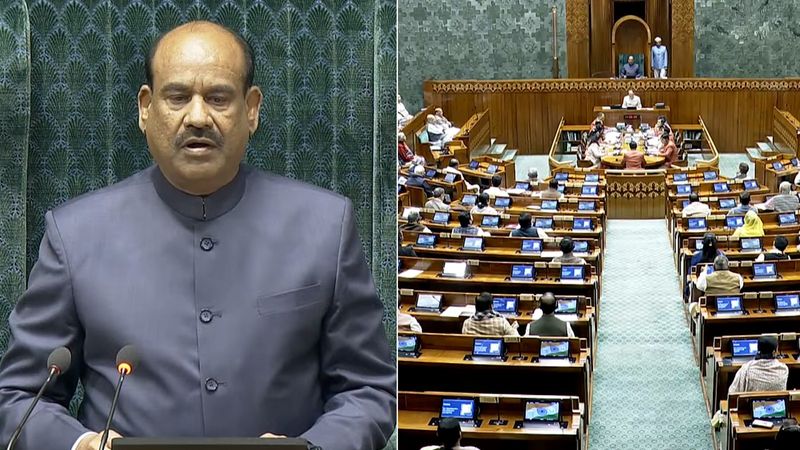Listen To This Post
July 30 onward Farm Unions Announce Statewide Protests, Congress Will Also Join From Next Month
ANURADHA MIGLANI
Thenewsdose.com
Chandigarh,July28,UPDATED:10.40AM
The Aam Aadmi Party (AAP) government in Punjab finds itself on the defensive over its Land Pooling Policy, which promises landowners residential plots of up to one kanal and annual compensation of up to ₹1 lakh per acre of acquired land. Despite these incentives, opposition parties and farmers have announced a series of statewide protests, citing fears of displacement, corruption, and a lack of rehabilitation measures.
Internal Rumbles within AAP
Adding to the government’s discomfort, senior AAP leader and Anandpur Sahib MP Malvinder Singh Kang publicly expressed reservations about the policy. In a now-deleted post on social media platform X, Kang urged party leaders to “earn the trust” of farmers before implementing such an initiative.“The objections raised by farmer unions on the Land Pooling Policy must, in my view, be heard with empathy and addressed through meaningful dialogue. On this, too, trust must be earned—not assumed—before any policy takes root,” Kang wrote.
His remarks were quickly amplified by Opposition leaders like Sukhpal Khaira of the Congress, who congratulated Kang for “cautioning against the dubious Land Pooling Policy.” Party insiders said Kang had already raised concerns with the top leadership about simmering resentment among farmers.
Congress and Farmers Plan Protests
The Congress announced it would stage protests outside all deputy commissioners’ offices from next month. Former chief minister Charanjit Singh Channi described the plan to acquire over 60,000 acres as a “threat to farmers, farm labourers, traders and allied sectors.” He warned that without a comprehensive rehabilitation plan, “landowners will spend their compensation money and eventually turn paupers.”
Congress leaders accused the AAP government of using the policy to mortgage acquired land to raise loans, a move they say would worsen Punjab’s already critical debt burden.
Farmer organisations have also joined hands to oppose the policy, calling for tractor marches on July 30 and statewide demonstrations on August 8. At a meeting in Jalandhar’s Desh Bhagat Yadgar Hall, unions including Punjab Kisan Mazdoor Union, Bharatiya Kisan Ekta Haryana, Sher-e-Punjab Kisan Union, Kisan Naujawan Sangharsh Committee Punjab, Bharatiya Kisan Union Majhail and Bharatiya Kisan Union Khosa strongly condemned the initiative.
“The government wants to acquire 65,533 acres of fertile land and mortgage it to repay debts. There is no demand for urbanisation. In just one month, the government has changed its policy thrice, which shows poor planning,” said Gursewak Singh of BKU Majhail.
Local Flashpoints and Escalation
Protests have already begun in several locations. Farmers in Mahalon village (Nawanshahr) are opposing the Greater Ludhiana Area Development Authority’s plan to acquire 383 acres, while Kukad Pind farmers recently burned publicity material distributed by AAP workers.
Hoshiarpur is emerging as another flashpoint, where BKU Doaba leader Manjit Singh Rai has vowed to block acquisition in his native village Pur Hiran. “We will not give an inch. I will not even allow AAP workers or officials to step foot in our area,” Rai said.
The Kisan Mazdoor Morcha has lined up motorcycle processions on August 11 and a rally outside the Jalandhar Development Authority office on August 20.
Government Defence
Despite the growing backlash, the AAP government maintains the initiative will spur planned urban development and deliver landowners plots of higher value than the farmland they contribute. Officials stressed that participation is “entirely voluntary.”
However, Opposition parties allege collusion with real estate developers, warning that the absence of a proper demand survey or rehabilitation framework could destabilise Punjab’s rural economy and push the state further into unrest.
Explainer: What is Punjab’s Land Pooling Policy?
Objective:
Acquire farmland for urban expansion and infrastructure, offering landowners developed residential or commercial plots instead of only cash payouts.
How it Works:
-
Landowners voluntarily “pool” their land with the government.
-
In return, they get developed residential/commercial plots—up to one kanal in size—after the area is developed.
-
An annual compensation of up to ₹1 lakh per acre is provided until the developed land is handed over.
Why It’s Controversial:
-
Livelihood Concerns: Farmers fear losing agricultural livelihoods.
-
Debt Worries: Critics claim pooled land will be mortgaged, worsening Punjab’s debt crisis.
-
No Rehabilitation Plan: No concrete transition programme for affected farmers.
-
Trust Deficit: Frequent policy changes and lack of consultation have eroded confidence.
-
Political Backlash: Opposition equates it to the repealed Central farm laws.















